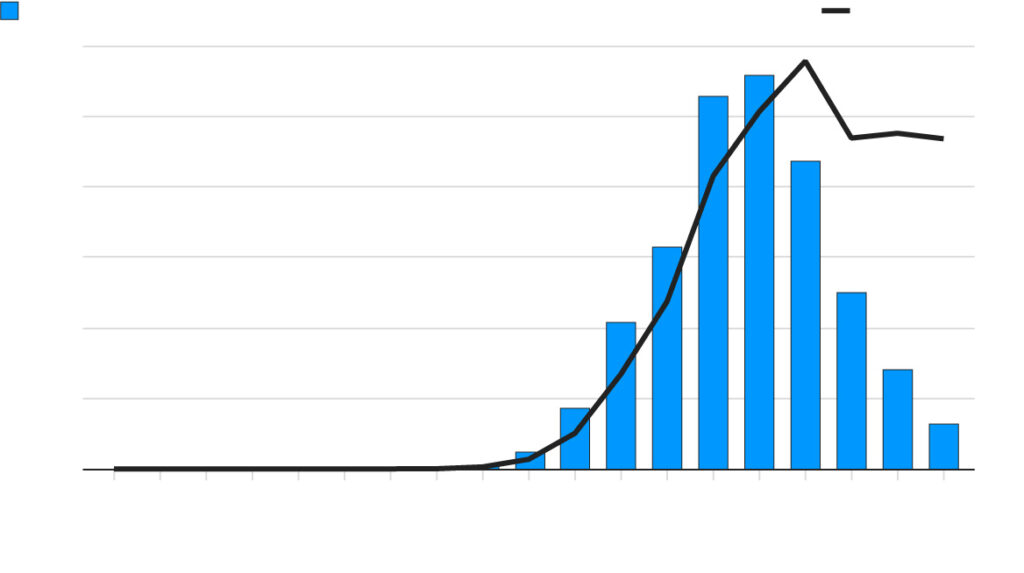A groundbreaking prostate cancer test, boasting an impressive 96% accuracy rate, has been developed by scientists and is supported by Olympic cycling champion Sir Chris Hoy. This innovative test is hailed as “truly game-changing,” capable of not only diagnosing prostate cancer with remarkable precision but also identifying the disease’s aggression and sub-type.
The Cambridge-based digital diagnostic firm, EDX Medical, is behind this initiative, which has been found to be more accurate than the existing prostate-specific antigen (PSA) test currently offered by the NHS. In light of Sir Chris’ personal campaign for improved access to screening following his own terminal diagnosis, the NHS is set to reevaluate its guidance on prostate cancer testing, which has been criticized as “dangerously outdated.”
EDX Medical explains that the new test requires simple blood and urine samples, which are sent to a laboratory for analysis by both scientists and an advanced AI algorithm. This comprehensive approach combines PSA positivity with a range of other metrics to enhance its accuracy.
Sir Chris Hoy, a six-time Olympic gold medalist, has been vocal about the need for better prostate cancer screening following his diagnosis. He expressed his support for the new test, stating, “I now know there is a need for better and more accurate prostate cancer screening tests, and I wholeheartedly welcome this initiative.”
Professor Sir Chris Evans, the founder and chief scientific officer of EDX Medical, emphasized the potential impact of the test, calling it “truly game-changing.” He stated, “Every indication thus far shows it will be the most accurate and sensitive screening test available, transforming the landscape of prostate cancer detection for men who may be unaware of their condition.” The test is designed to facilitate earlier detection and more precise risk assessment based on genetic factors, enabling more personalized treatment plans.
This pioneering test is the first of its kind to evaluate over 100 biomarkers, providing not only a cancer diagnosis but also insights into risk levels, sub-types, and aggressiveness of the disease. A trial led by Imperial College London, supported by Prostate Cancer UK, is currently assessing various prostate cancer screening tests to determine the most effective option for the NHS moving forward.
While EDX Medical is confident in its findings, it has yet to disclose the cost of the test and analysis. The company anticipates achieving a cancer detection accuracy rate of 96 to 99%, based on clinical trials involving relevant biomarkers, though the product itself has not been independently tested.

Regulatory approval is expected to be sought this year in both the UK and the US, with plans to roll out the test privately by early 2026. Following this, an application will be made for NHS utilization.
The analysis examines specific proteins in the samples, alongside RNA and DNA composition, and detects any mutations. By aggregating this data and leveraging AI for analysis, the test aims to identify prostate cancer in individuals who may not exhibit any symptoms, significantly improving early diagnosis rates.
Former footballer Rio Ferdinand, who has experienced the devastating impact of cancer through the loss of loved ones, emphasized the importance of such advancements in reducing health disparities. He noted that black men are at greater risk for prostate cancer and highlighted the need for improved testing methods.
“Those of us who have lost a loved one to cancer know full well the necessity for better and earlier testing across a range of cancers,” he remarked. “If caught early, many men can be effectively treated, yet too many are dying unnecessarily.”



